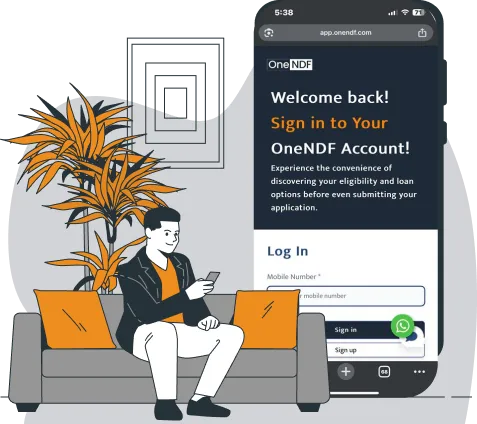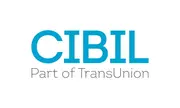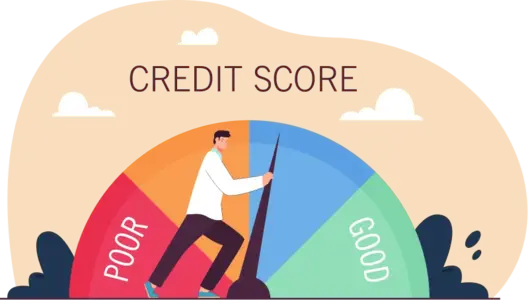Check Your
Credit Score
Report
For Free
Easily check your credit score for free and generate your credit report instantly. Take the first step towards understanding and improving your financial health today.
Get Free Credit Report





